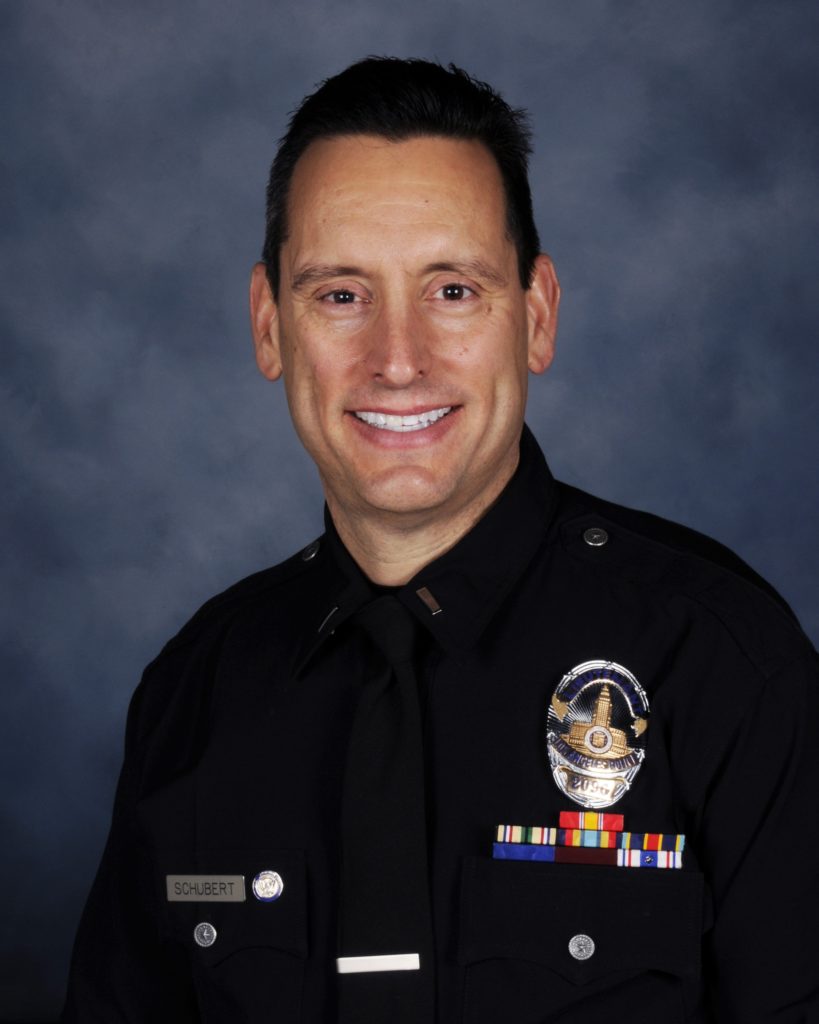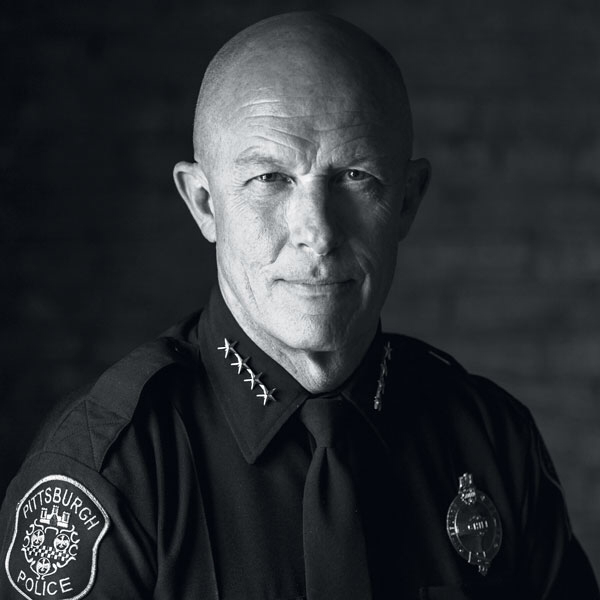Welcome to the OnPolicing Series
OnPolicing captures the thoughts of some of the country’s most important voices on contemporary policing. It is intended to stimulate debate about the state of policing and the myriad of challenges involved in controlling crime, disorder, and terrorism in a democracy like ours. The opinions are the authors’ own and may not represent the official position of the National Policing Institute.
Is Your Agency Leading the Charge?
By now everyone with an interest in law enforcement and mending the rifts in our fractured society has seen the murder of George Floyd in Minneapolis. Those who have sworn to an Oath of Office realize that what happened that day has never been, is not now, or will ever be the true face of…
Militias and Police Normalization of Domestic Violent Extremists
It is illegal in all 50 states to form unauthorized private militia groups.[1] However, 36 states allow the open carry of firearms at protests. As a result, groups carrying arms and wearing tactical gear at protests can generate the public impression that they are sanctioned by the government and even perhaps aligned with police agencies….
Understanding Intergroup Communication as a Pathway for Improving Police Legitimacy
Internal and external communications are essential to the success of police organizations. In this article, we focus primarily on external communications, reflecting on how a body of theory and research from the study of communication can be used to improve relationships between police and communities. Police scholars and practitioners have identified communication as a key…
The Danger to Policing in Normalizing Extremism
The sights and sounds of January 6, 2021, are etched into our minds for the remainder of our lives and will no doubt be studied and read about for decades to come. This was no ordinary Wednesday. It could be classified as one of the worst, if not the worst day yet, in American history….
Developing Evidence in De-Escalation of Potential Use of Force Encounters
Stories about police use of excessive force continue to appear in local and national news headlines. Community-police relationships continue to be strained by these incidents, many of which have been captured on camera and circulated in media. Witnessed and recorded incidents have reportedly led to a loss of trust in the police1 and for calls…
Origins of officer-involved shootings: Analysis of data reported to police via 911 calls reveal opportunities to reduce violent outcomes
Through the cooperation of more than 50 of the largest law enforcement agencies across the U.S. and Canada, our research team was granted access to the most detailed dataset ever collected on fatal and non-fatal shootings by officers while on duty. Covering the period from 2015 through 2018, these data cover over 1,000 fatal and…
Put Your Mask on First—Prioritizing Self Care for Law Enforcement Executives
Thus far, 2020 has produced indisputable evidence of the perils facing law enforcement in the United States and around the world. A global pandemic has taken more than 200,000 lives in the United States including more than 200 deaths of those serving in law enforcement and corrections services. [1] Adding to that toll are stressors…
In Policing, ‘You Don’t Know Nothing’—Until You Ask Questions
The late New York Yankees legend Yogi Berra is perhaps remembered more for his malapropistic quotes than what he achieved on the field. The irony about “yogi-isms” is that his words can actually be quite profound. One such statement, “In baseball, you don’t know nothing” likely speaks to the unpredictability of the game. It could,…
When Strategies Cause Unintended Harm
Policing is a fast-paced environment as departments are consistently responding to community demands for service and chiefs are consistently responding to crime trends. As strategies are implemented though, too often, its impacts are assessed based on weekly or monthly comparisons for crime, yet little thought is given to possible blow-back effects, or to the unintended…
Policing, Quo Vadis?
It is said that St. Peter was fleeing the City of Rome to escape persecution by the government when he met the resurrected Jesus walking the other way, toward the City. “Quo Vadis Domine?”—Where are you going, Lord? asked Peter. In reply, Jesus explained he was returning to Rome to be crucified again. His work…









